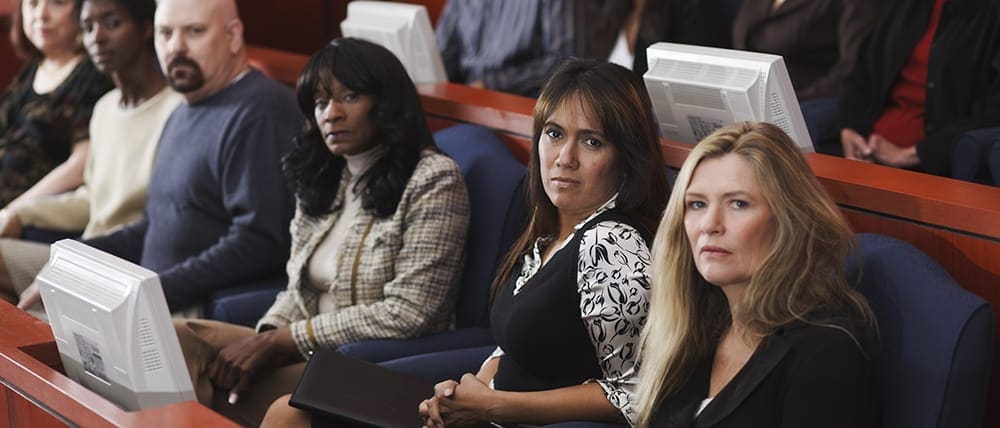

Unconscious bias has been in the headlines since Starbucks closed all its stores nationwide for an afternoon late last month to conduct racial-bias education for employees.
The training came in response to a racial incident at a Starbucks in Philadelphia. A pair of African-American men were waiting for a business meeting and hadn’t purchased anything, which is a common scenario with patrons of all kinds at the coffee shops. The store’s manager asked them to leave and then called the police when they did not comply.
Our June Question of the Month asked judges if they do anything to alert jurors to unconscious or implicit bias before they render a verdict. Of the 338 judges who voted, 71 percent said they do not alert jurors to potential implicit bias.
As the preface to the poll question noted, some states, including California and Washington, require that juries be informed about implicit bias. And one judge shared the instructions that he himself issues to jurors.
Of the 125 respondents who posted comments (mostly anonymous), several said they don’t consider it necessary to talk about unconscious bias because they feel counsel often address it adequately in voir dire. Others seemed unsure how to bring up the topic with jurors.
Iowa District Court Judge Jeff Neary (Sioux City) said he starts by talking about overt bias before turning to the implicit or unconscious form.
“[I ask] folks from this area to raise their hands if they consider themselves Iowa Hawkeyes fans, Iowa State Cyclones fans or Nebraska Cornhusker fans. And then I use that show of hands—and the typical joking that takes place—to talk about how we feel about those who might not like a team we like or point out how we take sides in such contests and may generally feel or react to others who do not see things as we do.”
Several judges said that they would like to discuss unconscious bias but haven’t figured out how to do so. They worry about calling attention to the fact that a witness or a defendant may be subject to bias. They don’t want to plant a seed of bias in jurors’ minds
“I address [bias] during jury orientation [but] not as thoroughly as I would like to,” wrote one judge, who self-identified as an African American from a southern state. “I don’t get the sense that jurors are as open to me addressing this with them.”
Another judge cited a study that, according to the judge, found that “alerting” jurors to their unconscious or implicit biases can exacerbate them.
The overwhelming weight of research shows the opposite, according to Kimberly Papillon, a judicial professor who has taught about neuroscience in decision-making for the NJC for 10 years. She said numerous studies show brain reactions change and fairness increases when people are alerted to bias.
“This is particularly true when people make decisions that will be scrutinized in public, like jury verdicts,” she said.
* Each month the College emails an informal, non-scientific, one-question survey to its more than 12,000 judicial alumni in the United States and abroad. The results summarized in the NJC’s monthly Judicial Edge are not intended to be characterized as conclusive research findings.
Rule with confidence. Be the gatekeeper of scientific evidence and expert testimony in your courtroom
Scientific Evidence & Expert Testimony will give you the ability to evaluate and interpret scientific and forensic evidence and rule confidently on their admissibility in both civil and criminal cases. You will learn to: identify the consistencies and contradictions between the cultures of law and science; describe basic statistical concepts commonly used by experts; outline the scientific methods available to researchers studying complex human behavior; state the proper function and qualifications of forensic pathologists; and identify key concepts related to computer forensic evidence.
Offered August 20–23, 2018, in Reno, NV
Click here for more information and to register.


CHICAGO – The American Bar Association Judicial Division announced recently that TheNational Ju...

The National Judicial College is mourning the loss of former faculty member Judge Duane Harves, who passed ...

As the world manages an evolving natural environment, The National Judicial College announced today that it...

Do’s Manage your cases systematically Devise a system that works for you and your organizational...

After 22 years of teaching judges, Tennessee Senior Judge Don Ash will retire as a regular faculty member a...